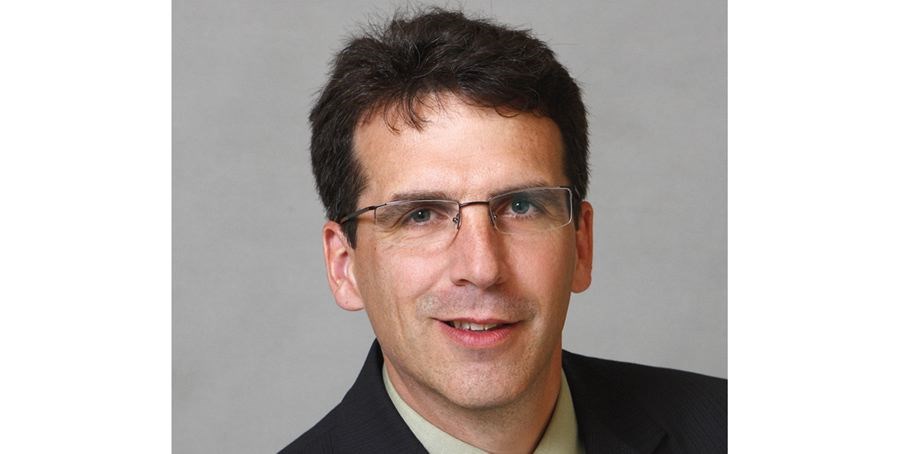Picking weeds in the front flower garden was a painful trial for a four year-old developing a mildly obsessive personality.
I wanted the soil black and smooth and perfect. Mom wanted it fast and perfect.
The garden was bordered with smooth river rock, and I loved the way the geological dinosaur eggs felt in my hands even more than I did the pungent soil of North Vancouver. I picked one rock up, about the size of a baseball, and turned it over a few times. It felt nice there in my soft little paw. How far could I throw it?
I tossed it a couple of times gently in my hand like a juggler warming up for his show. Then, bending over, I swung the rock in the clasp of both hands between my legs.
I think I found some sort of sweet swing in its launching. It sailed, so smoothly that I lost track of it. I swiftly looked left, then right, and then it hit me... on the head.
I immediately thought I had cracked my brain open.
Like the always unlucky Wile E. Coyote, blood poured down the front of my face from the top of my crown and I actually wondered if I might die as I screamed and moaned in pain.
As my mom tended to me, I longed for the gentle hands of the great Marcus Welby, M.D. Apparently he wasn't available, so my mother, figuring I was hard-headed enough for most rocks, laid me across two kitchen chairs with my head dangling uncomfortably over the edge of one of them.
A large mixing bowl sat on the floor beneath my head, keeping all the blood off the carpets and floor.I think there were a few swabs of iodine involved and perhaps a wash cloth, but no TV Doctor.
I continued to moan, but, never much of a cuddly person, Mom responded with disbelief.
"How in Heaven's name did you manage to throw a rock at yourself?"
"Can you see my brains in there?" I whimpered.
"I see no evidence of brains from where I'm sitting."
"Well, that's good, right Mom?"
"Depends how you look at it really."
I suppose if my current hair loss pattern accelerates, my children can someday examine the scar. Like all scars, this one is evidence of surviving a trauma, but in due course, we will all eventually run out of luck. When that day comes - and it always does - the great collision of life's two most notorious inevitables occur.
Death and taxes -Part 1
Coping with the death of someone you care about is stressful. The legal, financial and tax considerations at this time only add to this challenge. And so here we begin a several-week series on the intricacies of death and taxation.
Responsibilities of the legal representative
You may be the legal representative for a some-day deceased person if you are named as the executor in their Will, or you are appointed as the administrator by a court.
Notifications and tax returns
You should advise the Canada Revenue Agency (CRA) and Service Canada as soon as possible of the date of death, and notify financial institutions, employers and anyone else with whom the deceased had business or financial relationships.
You are responsible for filing all required tax returns for the deceased and making sure all taxes owing are paid. You must also let the beneficiaries know which of the amounts they receive from the estate are taxable and which are not.
Trust returns
You may also be required to file a T3 Trust Income Tax and Information Return for income the estate earns after the date of death or if the terms of the Will create a testamentary trust.
Clearance certificate
You may consider getting a clearance certificate before you distribute any property to certify that all amounts owing to the CRA are paid. If you ignore this, you can be liable for any amount the deceased owes to the CRA. If the deceased or the estate owes taxes to other tax jurisdictions, you may want to obtain a similar certificate.
Income tax returns
The deceased's income from Jan. 1 of the year of death up to and including the date of death must be reported on a final income tax return. If any income is earned after the date of death, it should be reported on a T3 Trust Income Tax and Information
You must also file tax returns for any prior years for which the deceased had not filed a tax return.
For the year of death, you may be able to elect to file optional returns (which are sufficiently complex for a separate article), which may reduce or even eliminate income taxes on the deceased's.
More to come on this issue in the weeks ahead.
The information in this article is not intended to provide individualized legal or tax advice. Readers should obtain professional advice from a qualified tax and/or legal advisor before acting on it.
Mark Ryan is an advisor in Prince George with RBC Wealth Management, Dominion Securities (member CIPF) and can be reached at [email protected].



